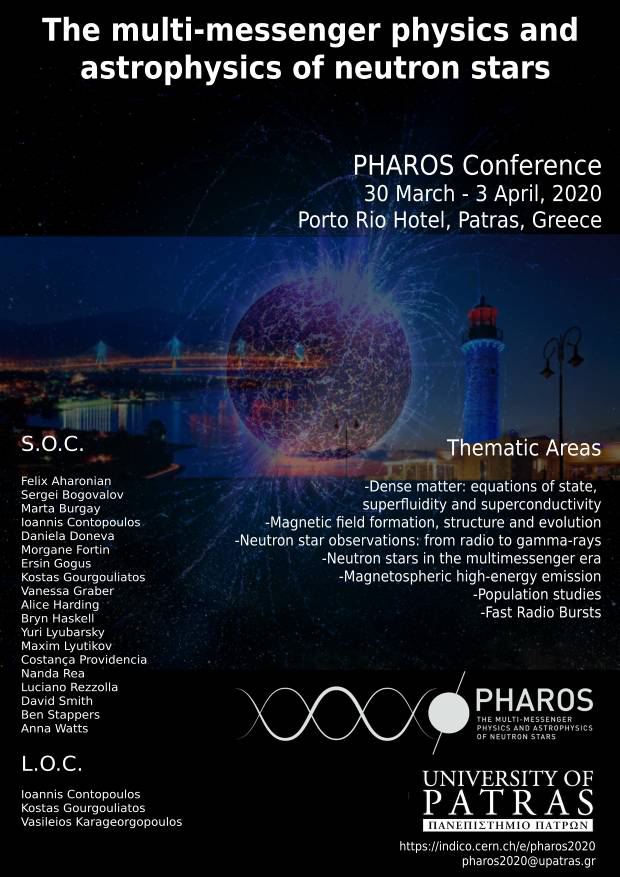Speaker
Description
Double Neutron Stars (DNSs) have been observed as Galactic radio pulsars, gamma-ray bursts and gravitational-wave sources. They are believed to have experienced at least one common-envelope episode (CEE) during their prior evolution to DNS formation. In the last decades, there have been numerous efforts to understand the details of the common-envelope phase, but there is still no consensus. I present work on binary population synthesis of field-born double neutron stars in order to constrain the parameter space at the onset of the mass transfer episode leading to these CEEs. We present and discuss the properties of the donor and the binary at the onset of the Roche-lobe overflow leading to that CEE. These properties can be used as initial conditions for detailed simulations of the common-envelope phase. We find that there are three distinctive populations, which depend on the evolutionary stage of the donor at the moment of the onset of the Roche-lobe overflow (RLOF): giant donors with fully convective envelopes, cool donors with partially convective envelopes, and hot donors with radiative envelopes. We also estimate that, for standard assumptions, tides would not circularise a large fraction of these systems between the onset of RLOF and the start of the CEE. This makes the study and understanding of eccentric mass transferring systems relevant for DNS populations.

